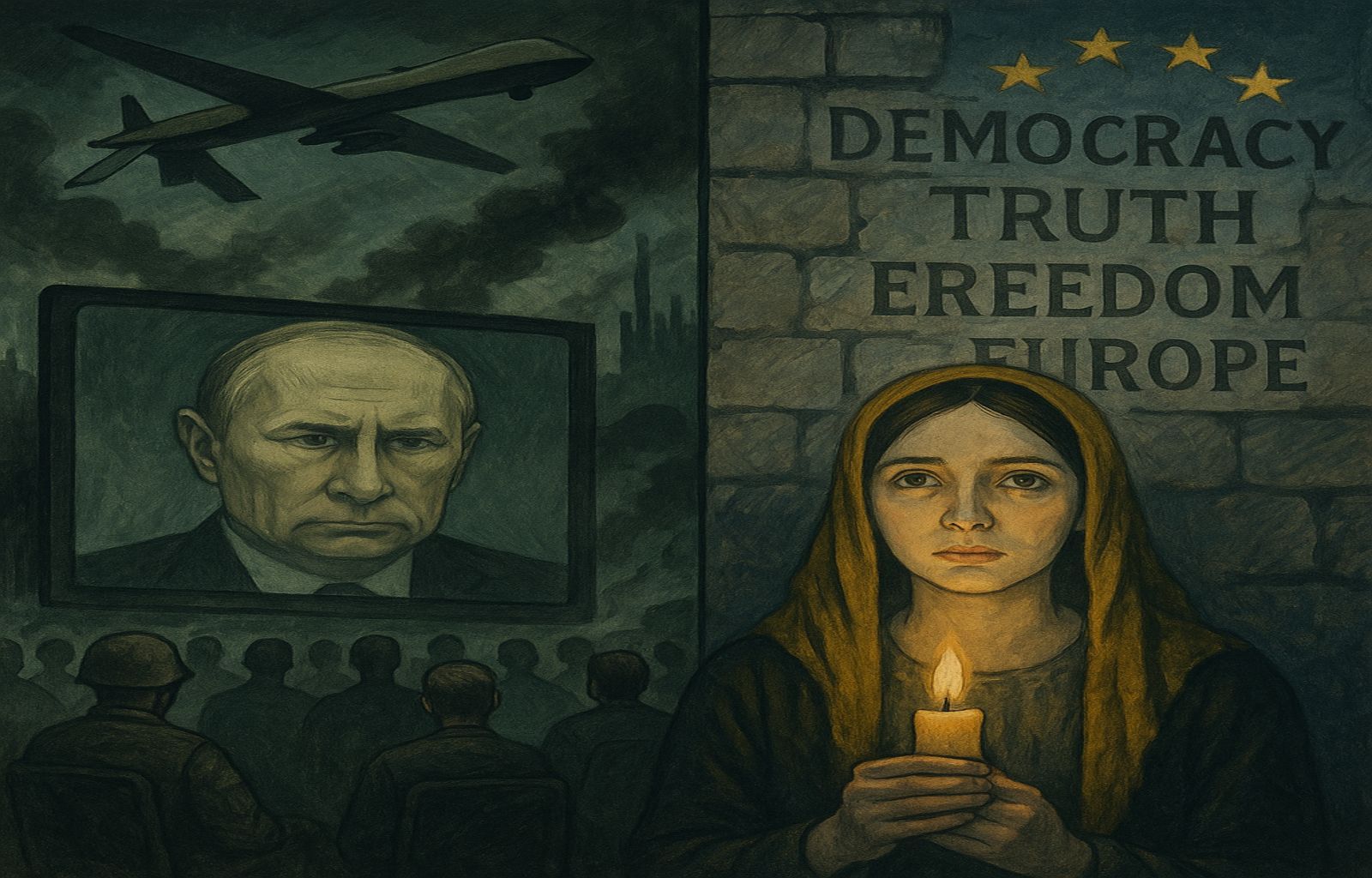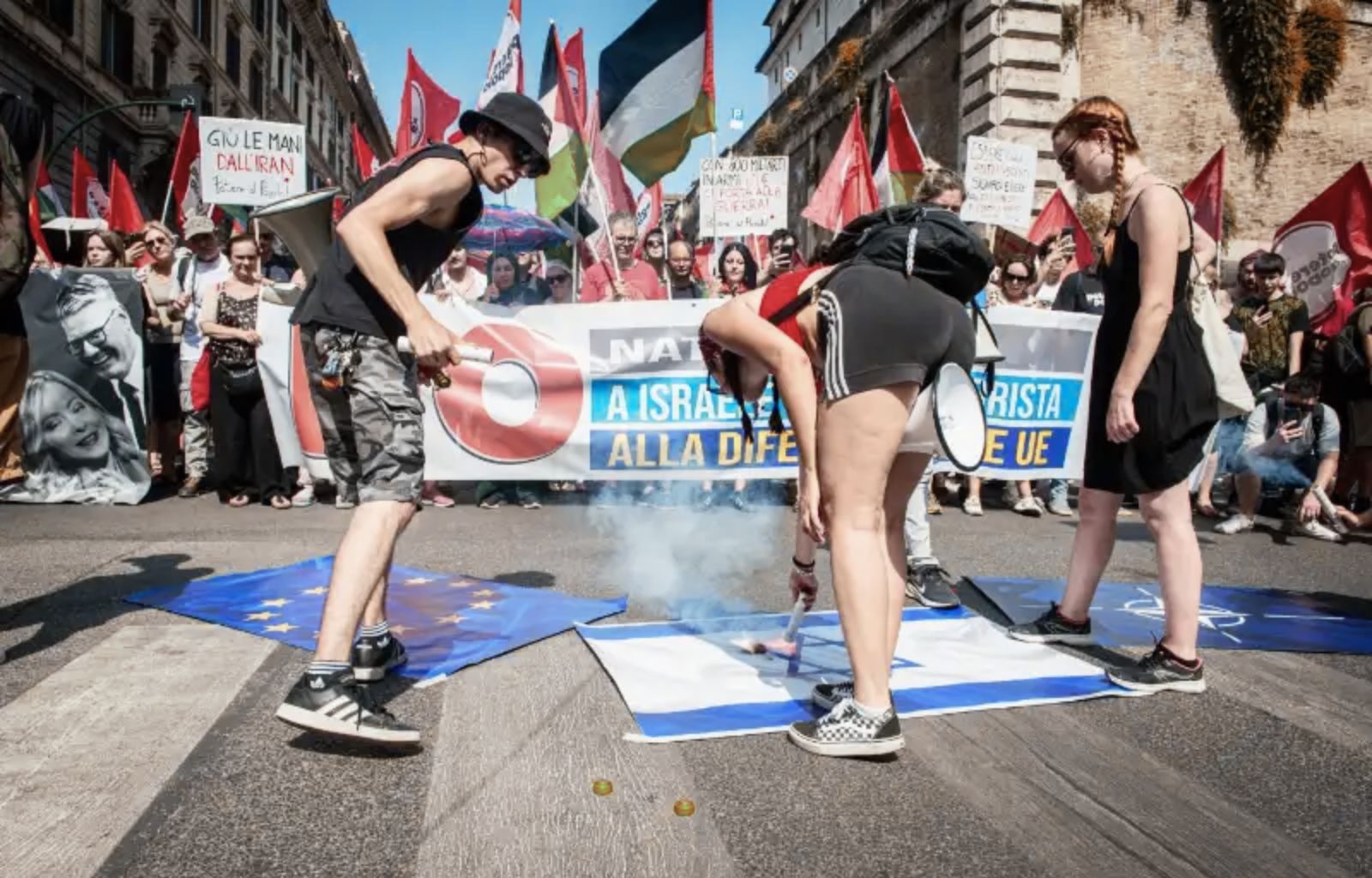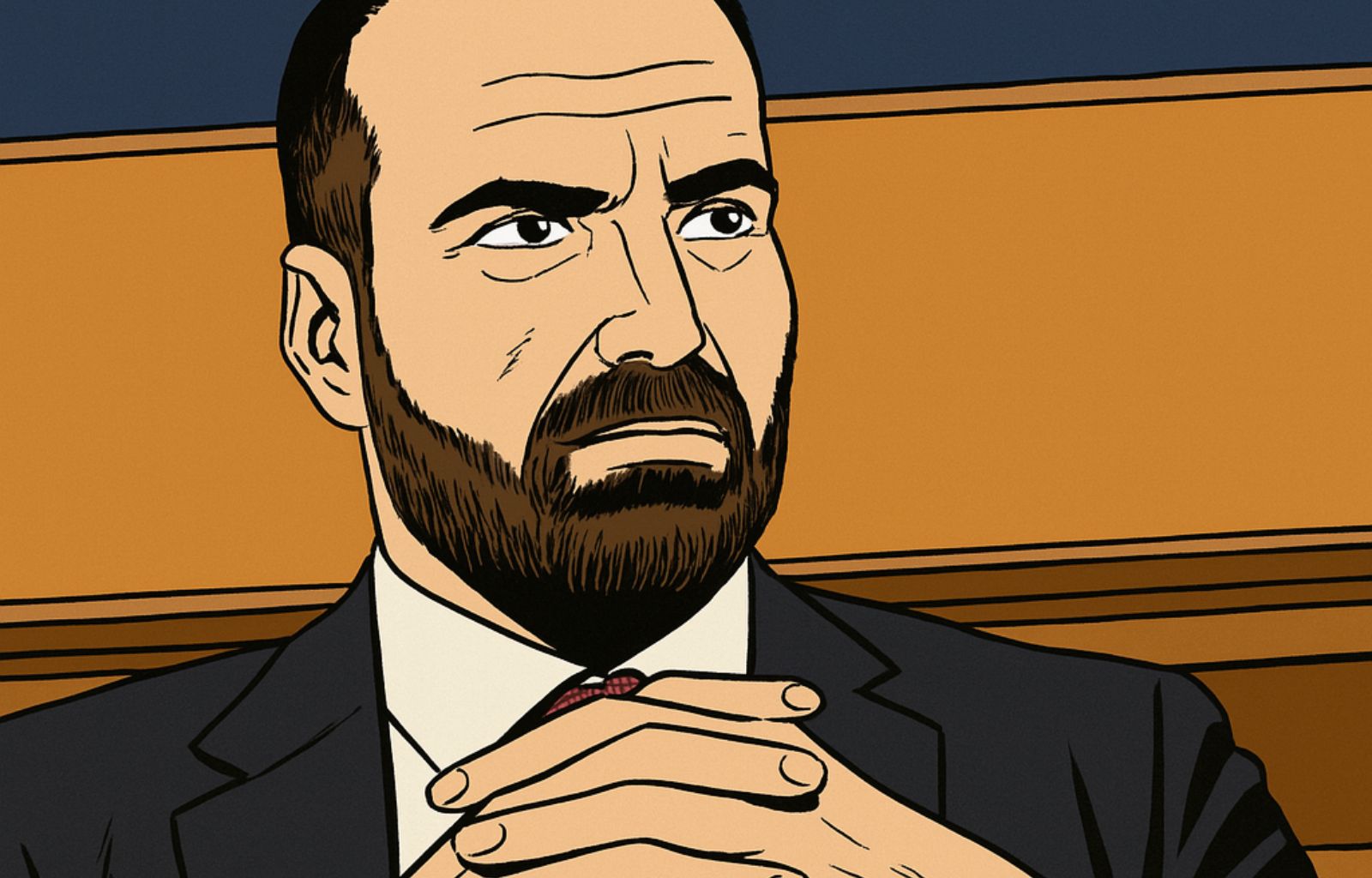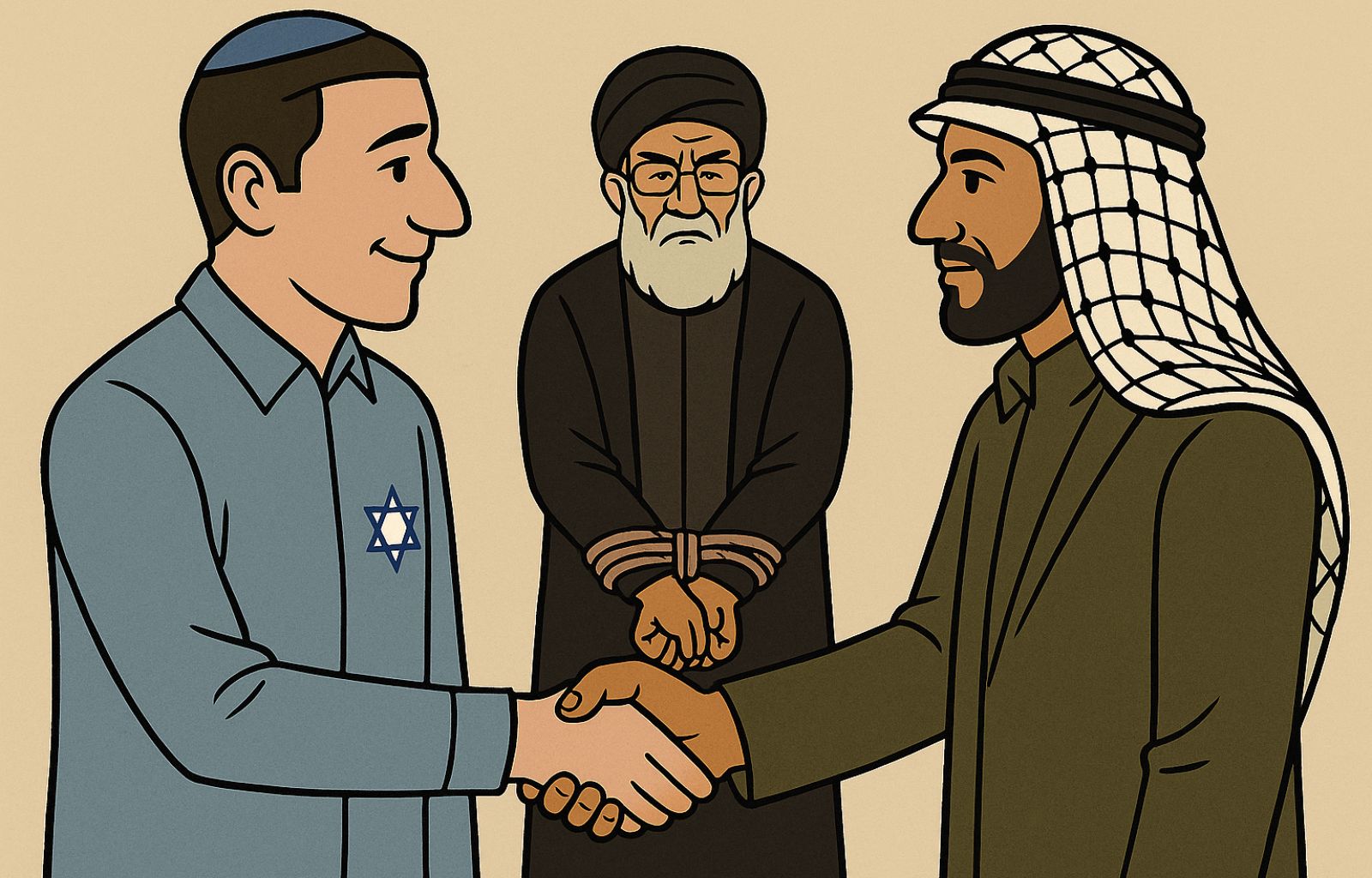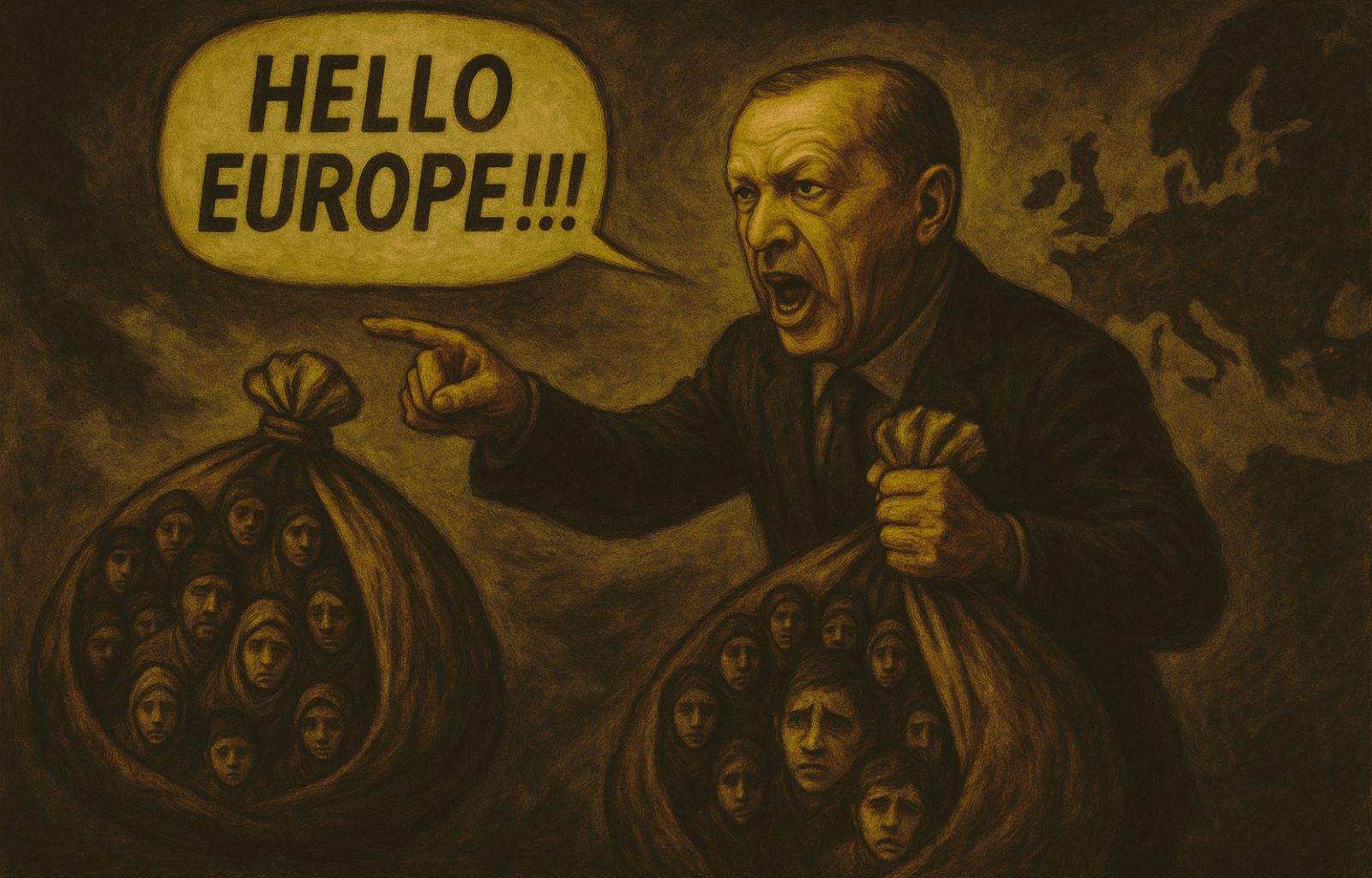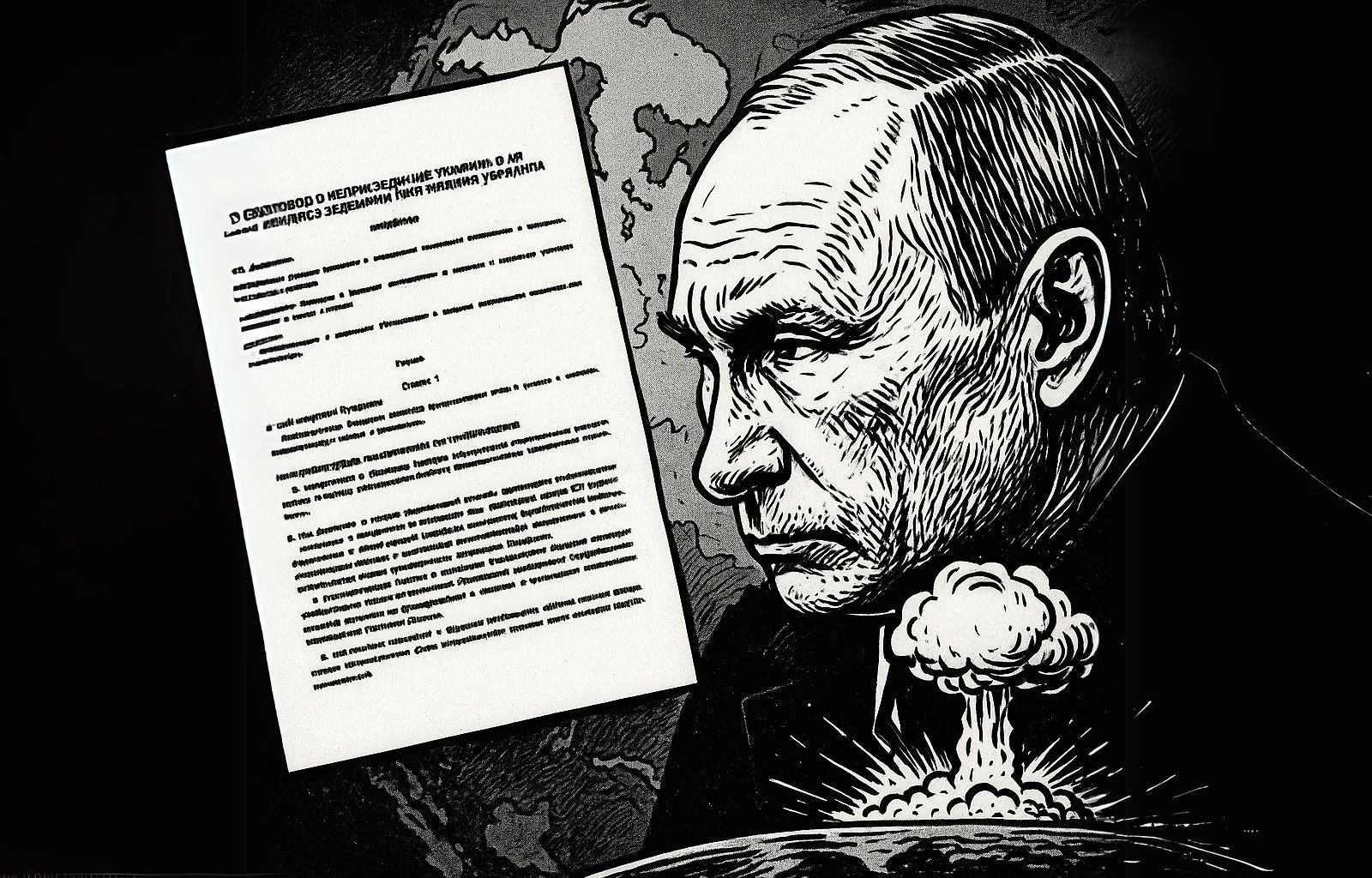Why European governments criticise Israel on Gaza but support it on Iran (while Italy is eclipsed)
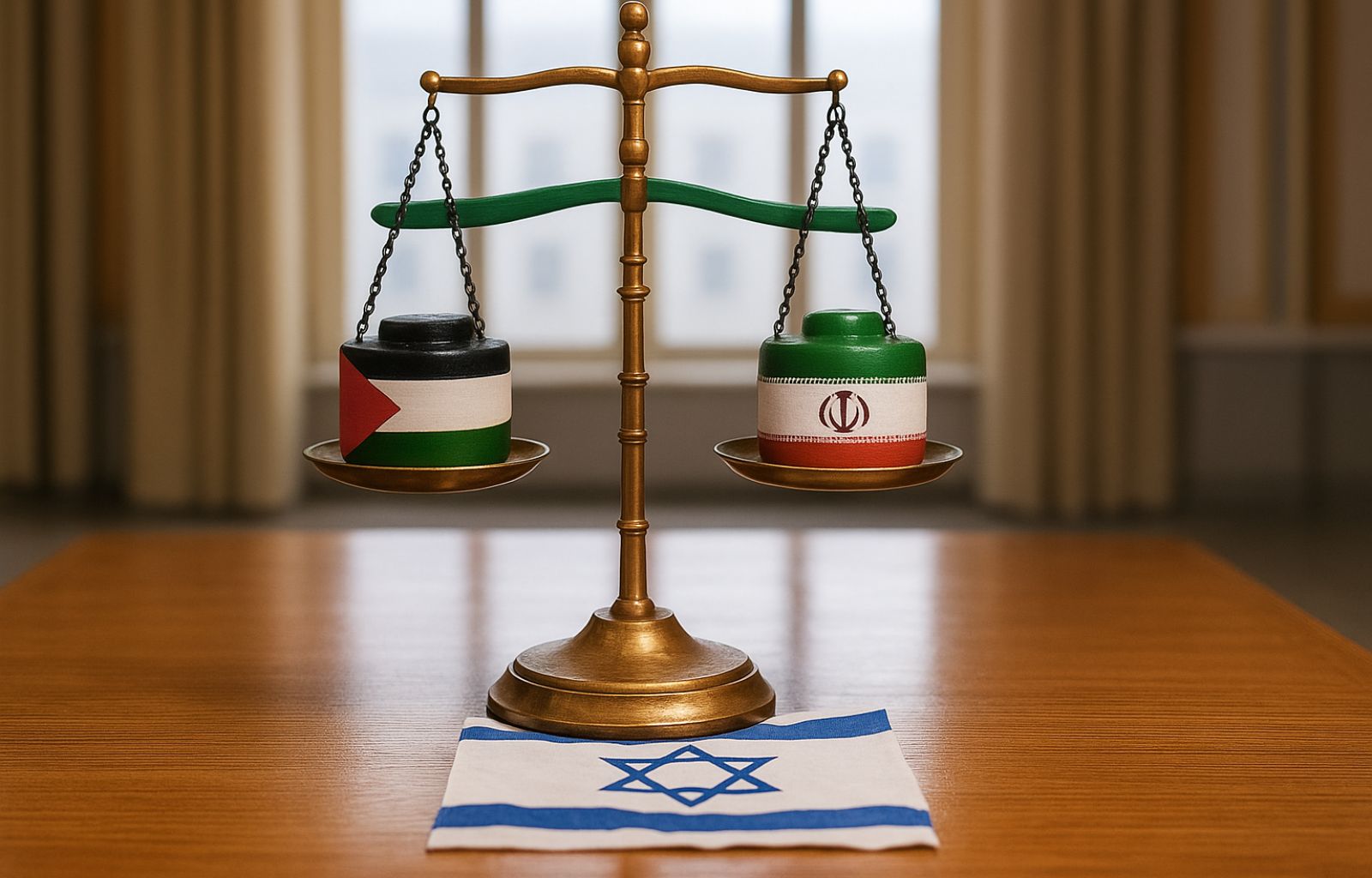
There is an apparent contradiction in the foreign policy of the three main European countries – the United Kingdom, France and Germany – towards Israel: on the one hand, strong criticism for the conduct in the Gaza Strip; on the other, almost unconditional support in the confrontation with Iran. Yet this dynamic is not the result of inconsistency, but of a very lucid hierarchy of threats. Europe distinguishes between what it considers morally unacceptable and what it considers strategically intolerable. It is a distinction that The Europeanist shares and claims.
The post-7 October dilemma
The war between Israel and Hamas has placed Europe in a painful dilemma. While on the one hand Israel’s right to defence after the 7 October massacre has been recognised by all European chancelleries, on the other hand the Israeli offensive on Gaza has been judged to be disproportionate, with serious repercussions on the Palestinian civilian population. The three European governments – today led by Keir Starmer, Emmanuel Macron and Friedrich Merz – have expressed their dissent with increasing clarity: London has suspended negotiations for a free trade agreement with Israel; Paris has imposed restrictions on Israeli participation in military fairs; Berlin has questioned the supply of armaments. These stances reflect public and parliamentary sentiments that are very sensitive to the humanitarian issue, and a historical memory – particularly in Germany – that demands strict respect for international law.
In short, these reactions are a reflection of a European public opinion sensitive to the images of devastation and the idea of ‘collective punishment’ inflicted on an already exhausted civilian population. But they are also the expression of a principle: force must be used within the rules, and in Gaza, in the eyes of many in Europe, Israel has crossed this threshold.
Iran: the strategic threat
Yet, the same leaders who condemn the manner of Israeli intervention in Gaza, recognise Tel Aviv’s right – and duty – to defend itself against the Iranian threat. The difference in tone is obvious, and fully justified by at least three elements.
The first is the seriousness of the nuclear alert. The recent IAEA report certified Tehran’s systematic violation of the Non-Proliferation Treaty: uranium enrichment at unprecedented levels, lack of cooperation, strategic opacity. Iran, in other words, is now a power on the verge of acquiring the atomic weapon.
The second factor is the link between Tehran and Moscow. The axis between the ayatollahs and Vladimir Putin, with the supply of Iranian drones for the war in Ukraine, has changed the perception of Iran in Europe. It is no longer just a problematic regional actor, but part of a global authoritarian front.
The third element is the historical weight of the threat. Iran has been known for decades for its clandestine operations in Europe: attacks, targeted assassinations, sabotage attempts. The current German Chancellor Friedrich Merz candidly admitted it:‘Israel is doing the dirty work for all of us‘. When an autocratic power, allied with Russia, aims at the atom bomb and maintains a long tradition of international terrorism, the response can only be firm.

European balance is not a contradiction
From the outside it may look like an ambiguity, but in reality the European approach is very straightforward. One can – and must – ask Israel to respect international law in Gaza. But one can – and must – support Israel when it faces an existential danger such as that posed by Iran. These are not double standards, but two different registers: one ethical, the other strategic.
Those who confuse the two plans end up adopting an ideological stance, unable to distinguish between political error and structural threat. Instead, Europe has chosen a responsible posture: it sanctions what it considers disproportionate, but does not abdicate its role as guarantor of global security.
As Laura Blumenfeld of Johns Hopkins University noted, “Netanyahu can be criticised for Gaza, but Iran is a different story: it is a theocratic state that has announced its will to destroy Israel, and is now one step away from doing so by atomic means. Support for Israel, in this case, is almost obligatory.”

Italy at risk of being lost
And Italy? Absent. Not hostile, but simply not present. The Meloni government is wasting a crucial opportunity to strengthen its international profile. Neither in the G7, nor in NATO, nor within the EU, does the Italian voice stand out for initiative, clarity or consistency.
Official declarations by the Farnesina are generic, cautious to the point of evanescence. Parliamentary statements, when they do arrive, appear timid and often contradictory. And even in Italian public opinion, foreign policy issues remain marginal, engulfed by internal quarrels.
Italy is often perceived as a secondary player in defining the European posture towards major international crises, limiting itself to following the choices of others without exerting any influence of its own. Further confirmation came at the ongoing G7 in Canada, where Prime Minister Meloni failed to secure a central role in discussions on Iran, Ukraine or the Middle East.
Our line
We at L’Europeista believe that moral clarity and strategic vision are needed in foreign policy. One cannot take refuge in equidistance when the global balance is at stake. It is legitimate – and necessary – to criticise Israel for operations in Gaza that violate humanitarian law. But it is equally legitimate – and perhaps even more urgent – to support Israel when it faces an existential threat such as Iran. Not to do so is to ignore what is at stake.
Italy should have the courage to say both. Firmly, clearly and responsibly. Until it does so, it will continue to count for less than it could and should.

